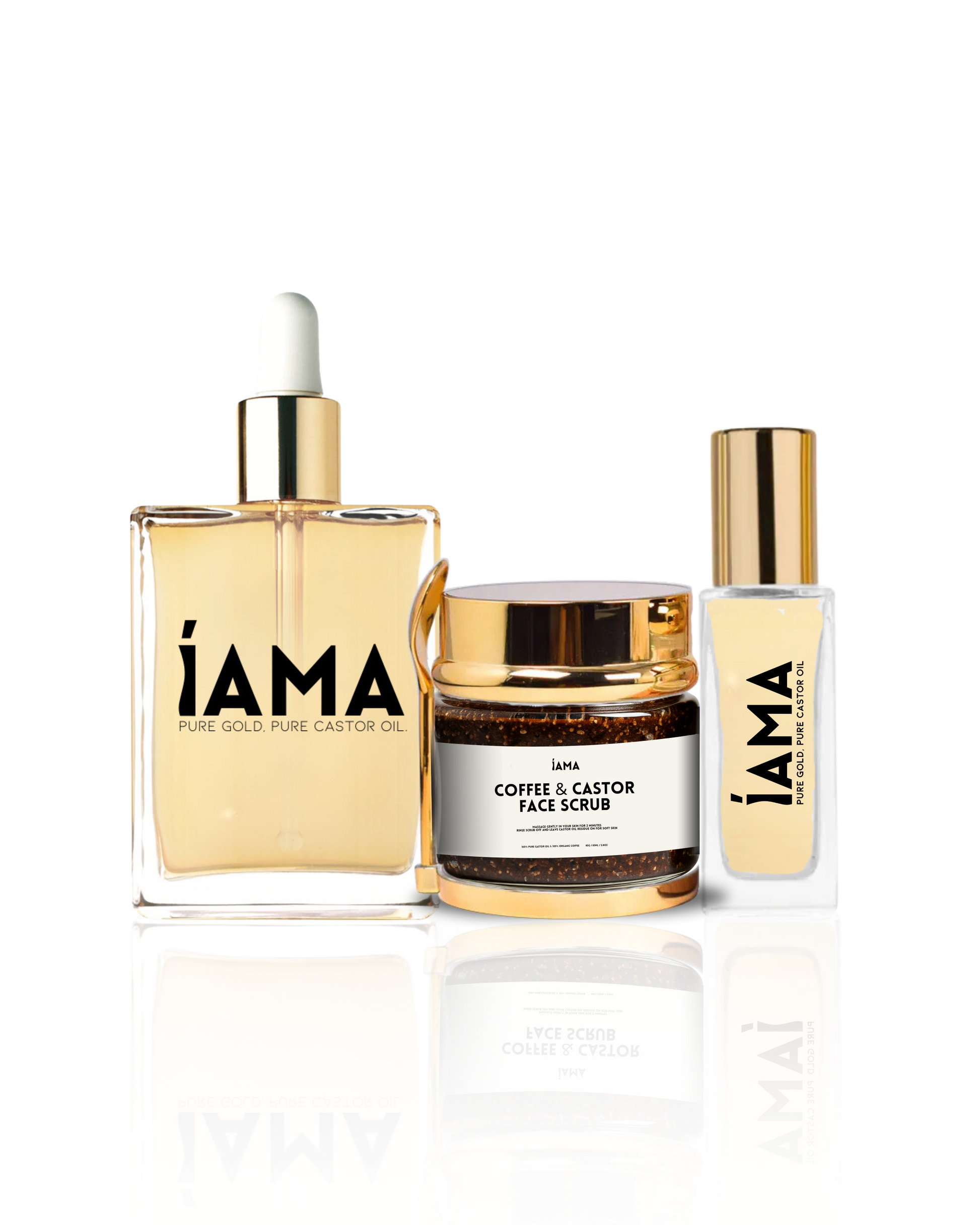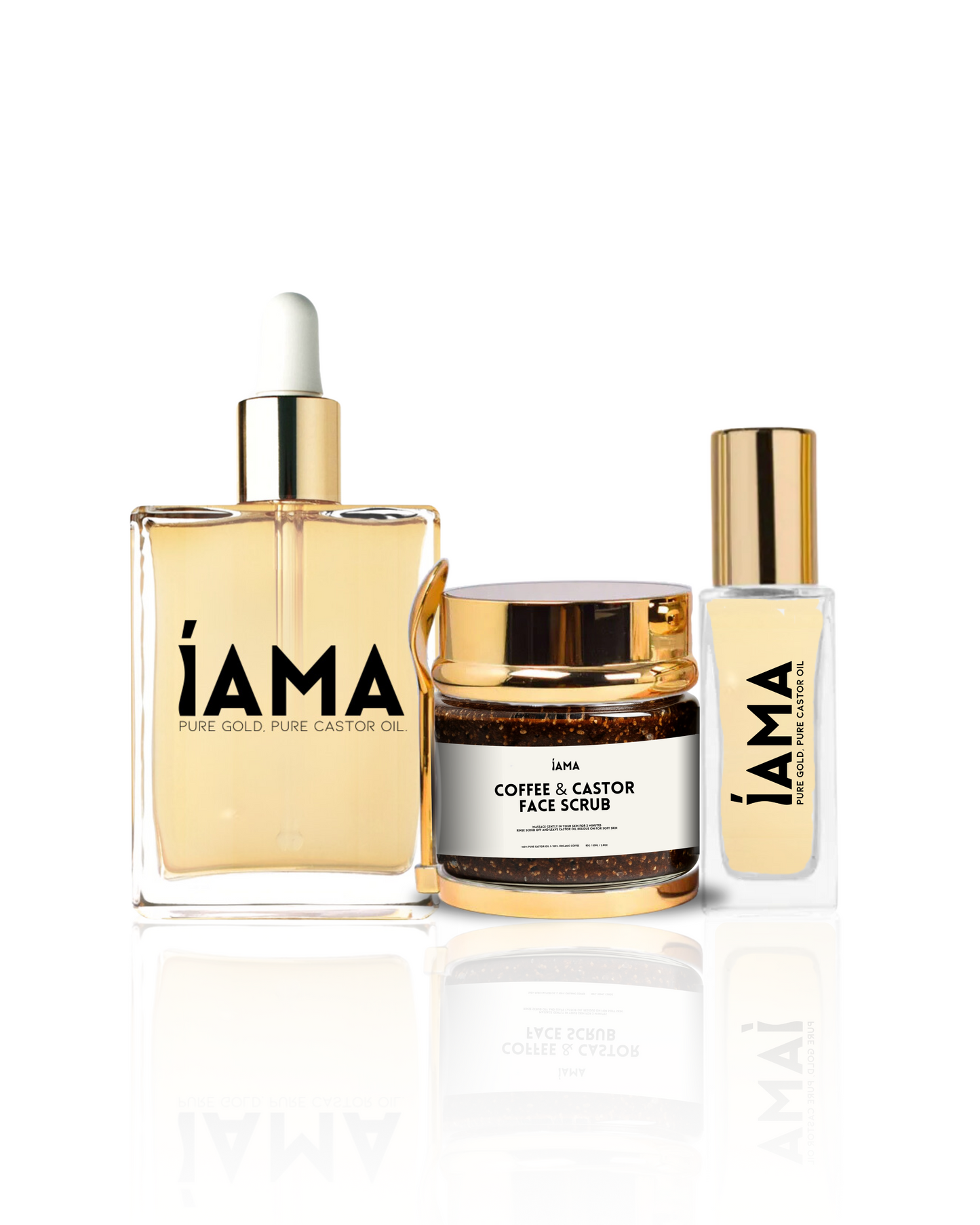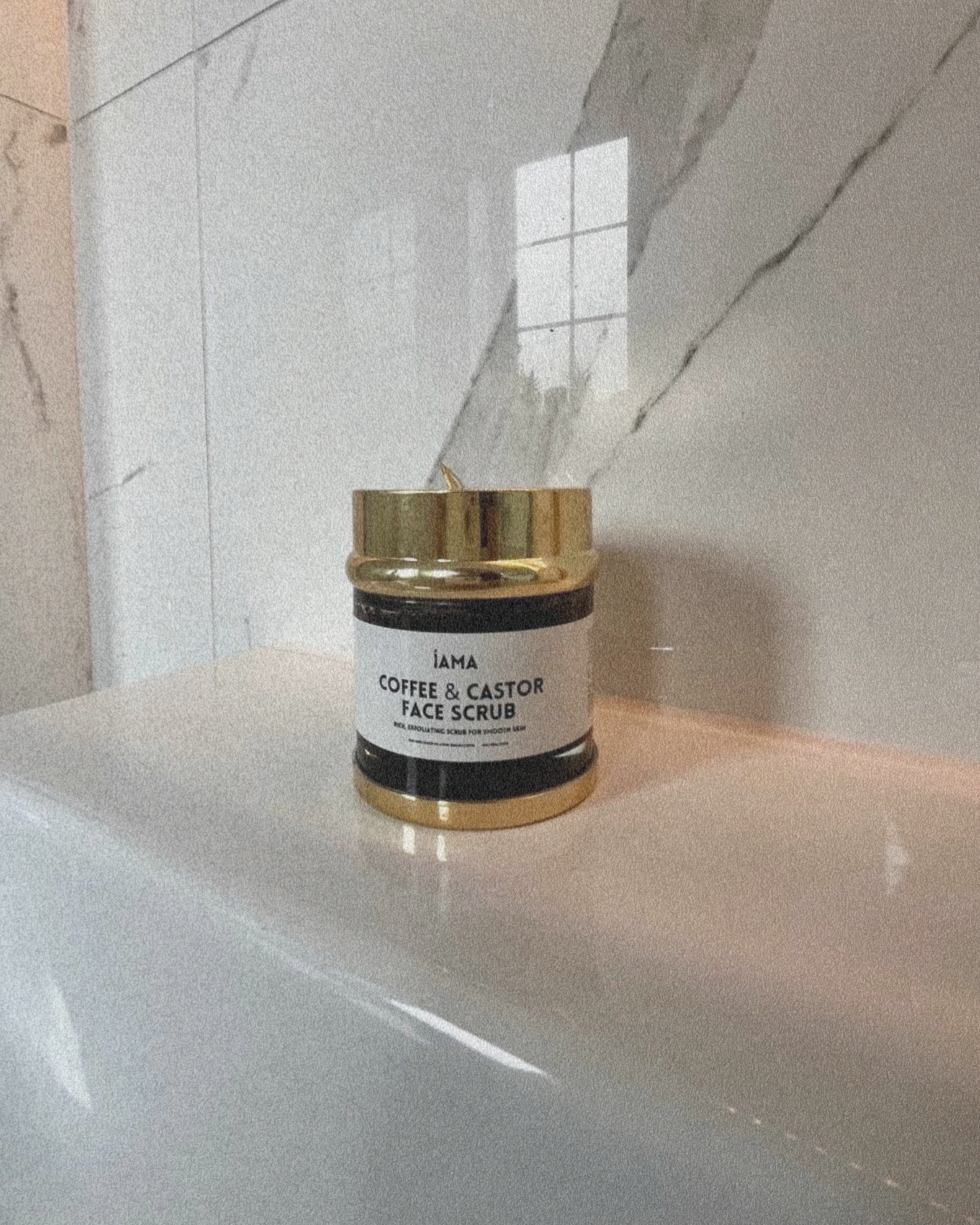If you’re looking for natural ways to care for your skin in the sun, you might have heard about castor oil. But can this versatile oil really protect you from harmful UV rays? In this post, you’ll discover what castor oil is, its photoprotective properties, and whether it’s enough to rely on for sun protection. Plus, learn how to use castor oil for soothing sunburn and get answers to common questions.
What Are the Photoprotective Properties of Castor Oil?

Photoprotective properties refer to a substance’s ability to protect the skin from the damaging effects of ultraviolet (UV) radiation from the sun. Some plant oils contain antioxidants and compounds that can absorb or neutralize UV rays, reducing oxidative stress and skin damage.
Castor oil contains antioxidants such as vitamin E and polyphenols, which can help combat free radicals generated by UV exposure. Additionally, the thick texture of castor oil forms a physical barrier on the skin, which may offer some protection by limiting direct UV penetration.
A 2017 study published in the Journal of Photochemistry and Photobiology noted that certain fatty acids and antioxidants in plant oils contribute to mild photoprotection, but their effectiveness varies widely depending on the oil and concentration (source: PubMed).
Is Castor Oil Sufficient for UV Protection?
While castor oil does have some photoprotective qualities, it is not sufficient as a standalone sunscreen. Its Sun Protection Factor (SPF) is very low—estimated to be around 4 or less—which is far below the recommended SPF 30 or higher advised by dermatologists for effective protection.
Effectiveness of Castor Oil as Sun Protection
-
Low SPF: Castor oil’s natural SPF is minimal.
-
Physical barrier: Its thick texture can provide a slight shield but won’t block UV rays effectively.
- Antioxidant support: Helps reduce oxidative stress but doesn’t prevent UV damage on its own.
In summary, castor oil can be a helpful supplement to your sun care routine but cannot replace sunscreen.
Using Castor Oil for Your Sunburn

If you do get sunburned, castor oil may help soothe and repair your skin thanks to its anti-inflammatory and moisturizing properties. Applying a thin layer of castor oil to sunburned areas can:
- Reduce redness and irritation
- Promote skin hydration and healing
- Provide a protective barrier to prevent dryness
Always apply castor oil gently and avoid broken skin. For severe sunburn, seek medical advice.
FAQ on Castor Oil and Sun Protection
Q: Can I use castor oil as my only sun protection?
A: No. Castor oil’s SPF is too low to provide adequate protection. Always use a broad-spectrum sunscreen with SPF 30+.
Q: Is castor oil safe to use on sun-exposed skin?
A: Yes. Castor oil is generally safe and can help moisturize and soothe skin after sun exposure.
Q: Can castor oil prevent tanning?
A: No. It does not block UV rays sufficiently to prevent tanning or sun damage.
Q: How should I use castor oil after sun exposure?
A: Apply a small amount to clean, dry skin to soothe and hydrate. Avoid using it on sunburned skin with open wounds.
At iAMA, we offer premium castor oil-based plant infusions that can support your skin’s health before and after sun exposure. Combine our oils with proper sun protection habits to keep your skin glowing and safe all year round.
Sources:
- American Academy of Dermatology Association: Sunscreen FAQs
- Journal of Photochemistry and Photobiology (2017) - Photoprotective effects of plant oils
- PubMed Central: Plant oils and skin protection






